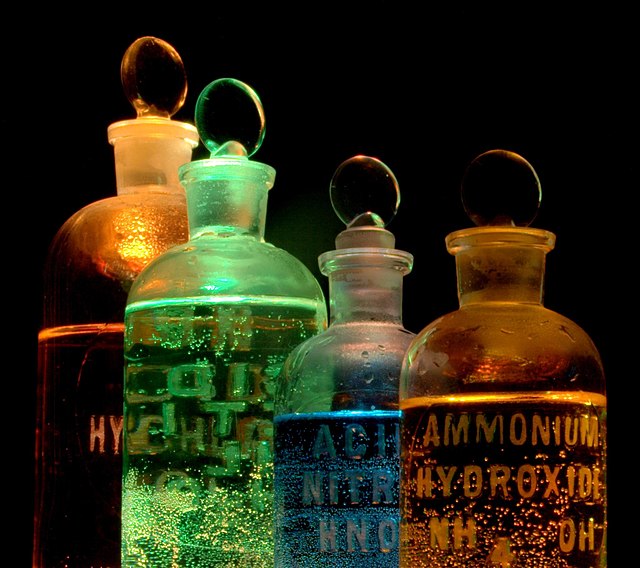Infinite photos and videos for every Wiki article ·
Find something interesting to watch in seconds
Celebrities
Recovered Treasures
Great Museums
Orders and Medals
World Banknotes
Kings of France
Presidents
British Monarchs
Wonders of Nature
Animals
Great Artists
Crown Jewels
Best Campuses
Largest Palaces
Famous Castles
Ancient Marvels
Great Cities
Sports
Largest Empires
History by Country
Wars and Battles
Supercars
Richest US Counties
Tallest Buildings
Countries of the World
Rare Coins
more top lists






